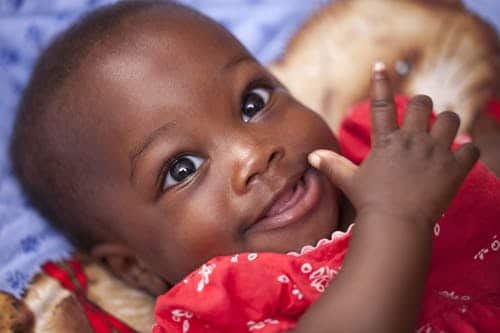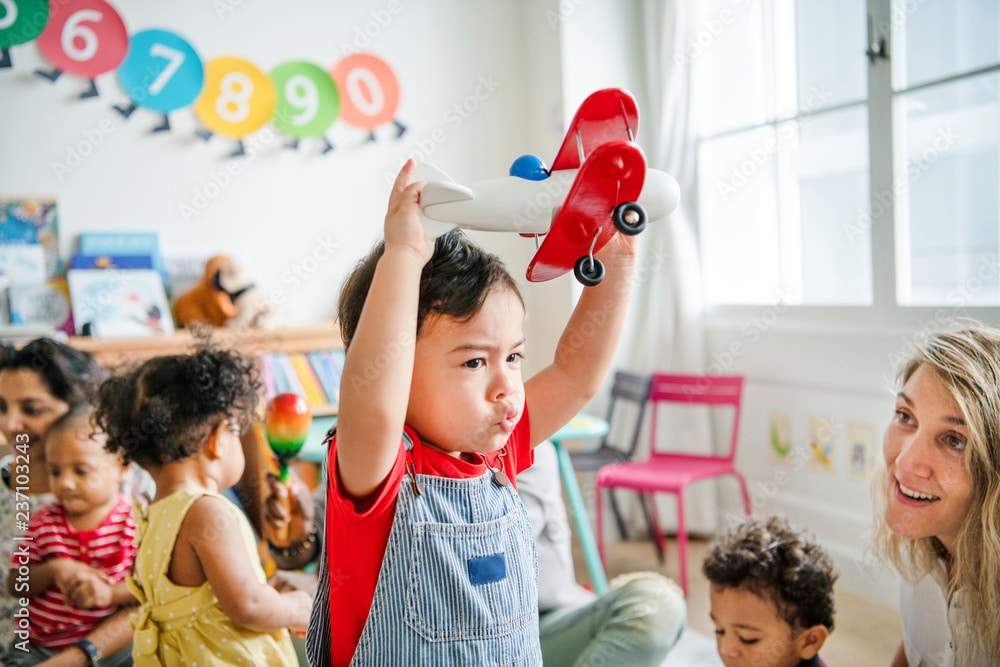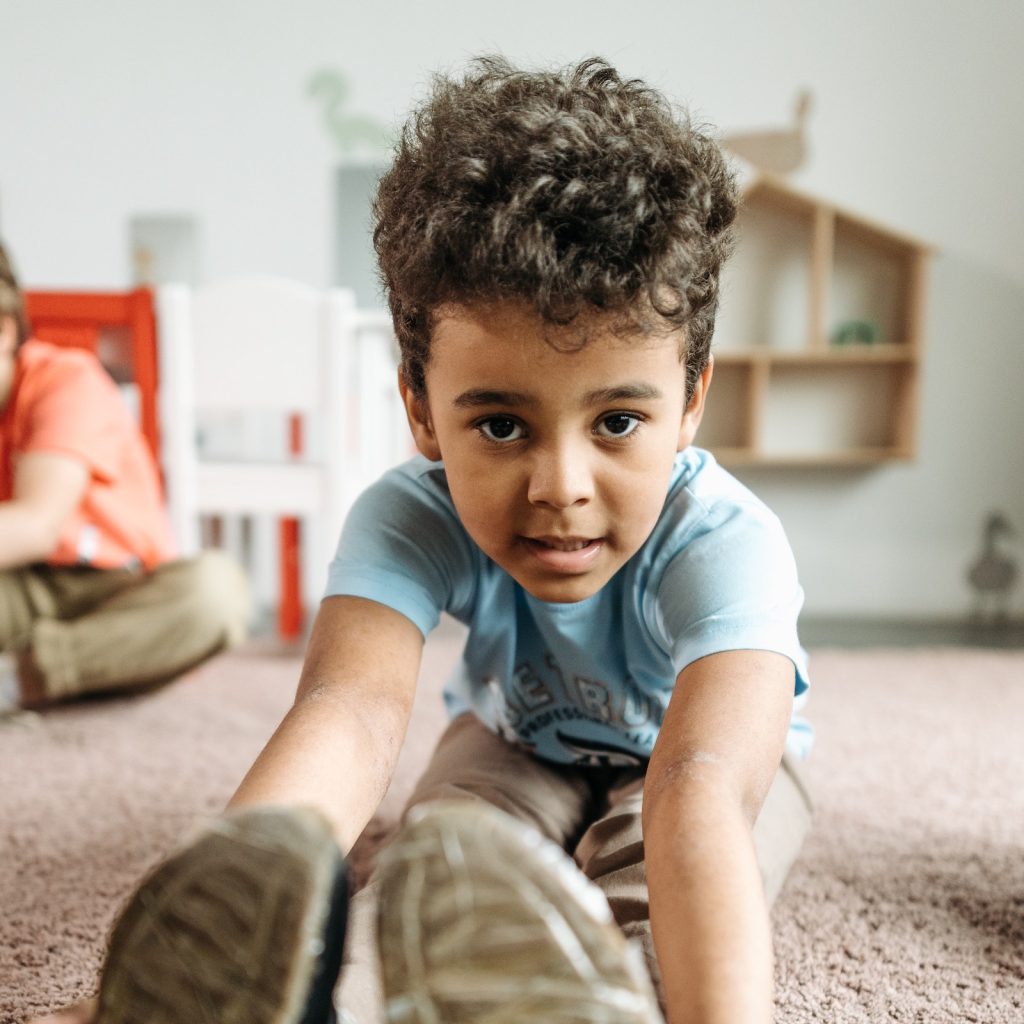Emotional Skills for Young Children

Expressions of Feelings
Individual experiences at home and in the program are influenced by:
- How children express their emotions is influenced by individual experiences at home and in the program, in particular, by cultural practices and expectations.
- Educators can tailor their practice to respect and accommodate each child’s cultural norms.
The first signs that a young infant feels start to show emotions from day one, whether it is crying because of a need or a smile or a coo to communicate contentment. Then they begin to show laughter and then how to express fear or anger with either cries or clinging on to an adult.
As young as they may be infants are beginning to build the self-regulation skills that will support them through childhood and beyond.
Infants look to caring adults to help them calm their strong feelings. As they grow into mobile infants, babies begin to adopt their own strategies for coping with emotions.
Understanding that they learn that they are separate from others is an important milestone in building a sense of self.
Mobile infants begin to explore other children – they use their senses – typically touch and taste, to do this just as they use them to explore other parts of their environment.

Toddler Years
In toddler years, Children expand their sense of self. They know and can repeat their names and those of their friends.
- They can tell you many things about themselves, what they like to do and what they are learning.
- Many toddlers describe themselves using characteristics such as hair color, gender, size, and can compare themselves to others in their group.
- Toddlers’ emotions are both strong and contradictory, I want to do it myself, but I want you to be available when I need you. They feel a sense of control by being able to express themselves with the word no which usually gets a lot of attention. It’s a way they get attention.
- They begin to understand that they are separate from others and it’s important to show empathy to others.
- They are starting to learn the words to emotions.
- At the end of toddler years, they begin to express their emotions appropriately through words, gestures, and facial expressions. Lots of times.

Preschoolers
In preschool years – children experience a wide range of emotions – both positive and negative – related to their current situations and experiences.
As they move through this age period they will gradually learn to recognize, name, and appropriately express their own feelings and those of others, experience empathy more frequently and in more situations, and come to understand who they are and how they are similar to and different from their peers.
Rich in fantasy life and act different roles out, they are learning how to separate thoughts from actions so self-regulation is a challenge. Big emotions can happen a lot at this age.
By the time children reach the age of five children have made great strides in being able to control impulses. They have learned the words to express themselves in an appropriate manner.
